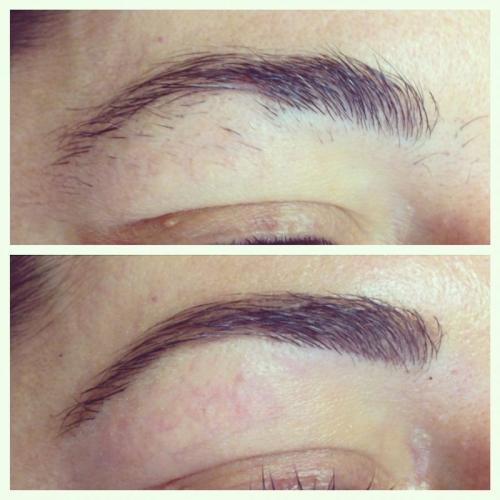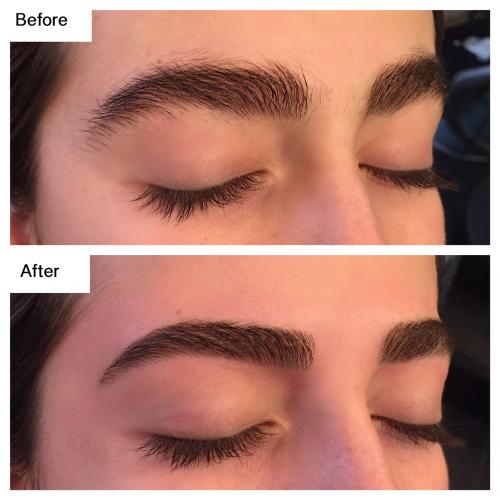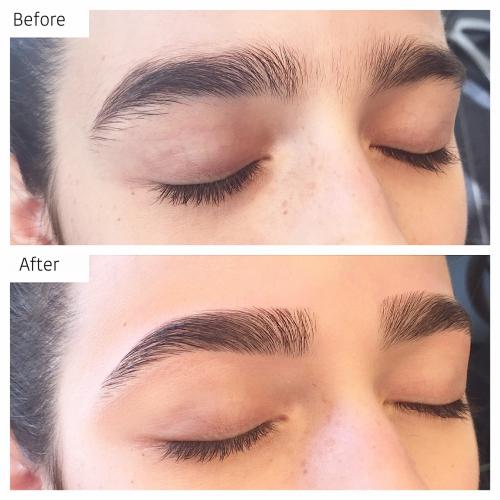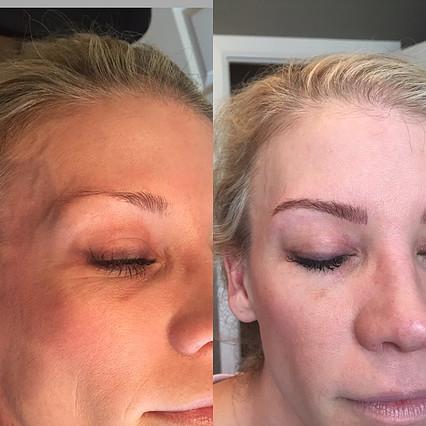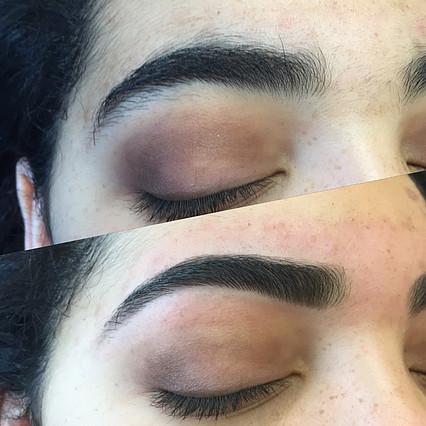To Buy Hydroxychloroquine Online Visit Our Pharmacy ↓

Inhibition of Endosomal Acidification
Hydroxychloroquine functions by raising the pH within endosomes, creating an inhospitable environment for viral fusion and entry into host cells. Endosomes are cellular compartments with an acidic interior, crucial for the trafficking of materials and viral particles. Hydroxychloroquine alters this acidic balance, thereby hindering the virus's ability to release its genetic material into the host cell’s cytoplasm.
Additionally, this increase in pH disrupts the proper processing and function of endosomal enzymes. These enzymes typically function optimally at low pH levels, so hydroxychloroquine's elevation of pH effectively inhibits their activity. Such inhibition has significant ramifications, as it curtails the endosome-dependent entry pathway, limiting viral replication and curbing infection spread within the host's body.
| Mechanism | Impact |
|---|---|
| Raising pH in endosomes | Inhibits viral fusion and entry |
| Disrupting enzyme functions | Prevents viral replication |
Disruption of Autophagy and Lysosomal Function

Hydroxychloroquine, initially utilized as an antimalarial drug, has been found to impact cellular processes by affecting lysosomal function. This compound elevates the pH within lysosomes, causing these acidic organelles to become less effective at breaking down cellular waste. Consequently, cells struggle to maintain normal autophagy—a crucial homeostatic mechanism involving the degradation and recycling of cellular components.
Autophagy acts as a cellular cleanup process, and its disruption leads to the accumulation of damaged proteins and organelles. This impairment potentially affects cell survival and function, particularly in immune cells. Additionally, the compromised autophagy influenced by hydroxychloroquine may deter certain cells from responding appropriately to various stressors, including infections.
Interference with Cytokine Production
Research has shown that hydroxychloroquine plays a critical role in moderating the body's immune response by affecting cytokine production. Cytokines are signaling proteins that mediate and regulate immunity and inflammation. Hydroxychloroquine inhibits certain pathways that lead to the production of pro-inflammatory cytokines, such as TNF-alpha and IL-6, which are often implicated in inflammatory diseases. This attenuation helps in reducing the excessive inflammatory responses that can lead to tissue damage and other pathological conditions.
In addition to its anti-inflammatory properties, hydroxychloroquine also affects the signaling pathways involved in cytokine release, thereby providing a multi-faceted approach to managing autoimmune disorders. Its ability to dampen cytokine storms makes it particularly valuable in treating diseases characterized by hyperactive immune responses.
Modulation of Immune Cell Behavior

Hydroxychloroquine has drawn significant attention for its potential effects on immune cells, particularly T cells, B cells, and macrophages. By altering the pH within cell compartments, hydroxychloroquine disrupts calcium signaling required for T cell activation. This modulation diminishes the T cells' ability to release pro-inflammatory cytokines, crucial in autoimmune diseases such as lupus and rheumatoid arthritis.
Additionally, hydroxychloroquine affects B cells by reducing the production of autoantibodies that attack the body’s tissues. This mechanism is pivotal in controlling excessive immune responses, lowering the disease activity and progression rate. Furthermore, antiviral properties emerge from its inhibitory effects on macrophages, reducing their capacity to present antigens and initiate an immune response.
Suppression of Viral Replication
By incorporating into a cell's endosomal pathways, hydroxychloroquine exerts its antiviral properties. Following viral entry, the substance raises the pH within endosomes, ultimately obstructing the viral replication process. With an alkaline environment, essential enzymes fail to function correctly, hindering the virus from unleashing its genetic material effectively. This interruption significantly diminishes the ability of the virus to reproduce and spread within the host organism, making it a vital aspect of hydroxychloroquine's action.
In another dimension, hydroxychloroquine disrupts the creation of viral particles. It interferes with viral RNA translation and assembly, reducing the production of new virions. By targeting multiple points in the viral life cycle, this compound ensures a holistic approach to decelerate viral proliferation, showcasing its broad-spectrum antiviral potential.
| Mechanism | Effect on Virus |
|---|---|
| Endosomal pH Increase | Hinders viral entry and release of genetic material |
| Interference with RNA Translation | Reduces formation of new virions |
Hydroxychloroquine's multifaceted actions in curbing viral replication make it a compelling subject of study in antiviral therapy.
Impact on Cellular Signaling Pathways
Hydroxychloroquine influences various cellular signaling pathways crucial for cell communication and function. By altering intracellular pH, it affects signaling cascades that rely on proton gradients, thereby disrupting cellular homeostasis. Additionally, hydroxychloroquine can inhibit toll-like receptors (TLRs) activation, particularly TLR7 and TLR9, which play pivotal roles in recognizing pathogenic material and initiating immune responses.
Furthermore, hydroxychloroquine impacts the PI3K/Akt pathway, a critical signaling route for cell survival, proliferation, and migration. The inhibition of this pathway can result in diminished cellular responses to stress and infection. These disruptions collectively contribute to hydroxychloroquine's multifaceted effects, demonstrating its broad spectrum of action beyond its traditional use as an antimalarial agent.
Before & After
Testimonials
Read out what our customers say about our services.
Read Testimonials
Join Our VIP List
Great News!
Comming soon our new location in Fort Worth (Alliance area)
3529 Heritage Trace Parkway, Suite 163
Fort Worth, TX 76244
Sign up now to join our VIP list and receive coupons

